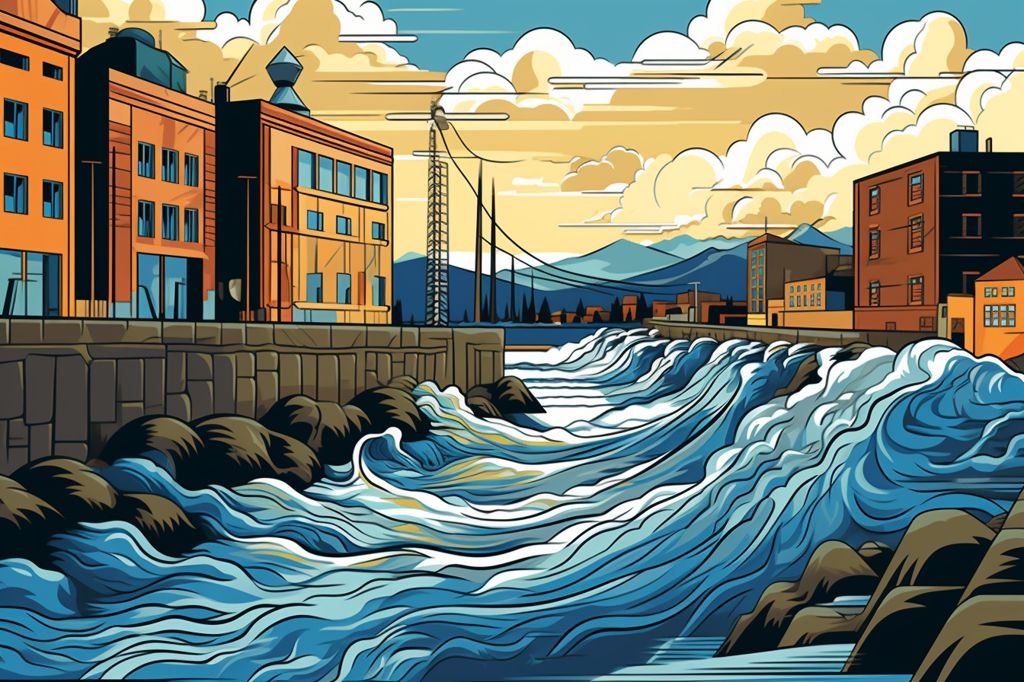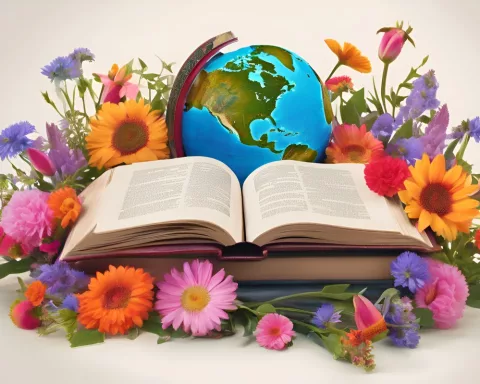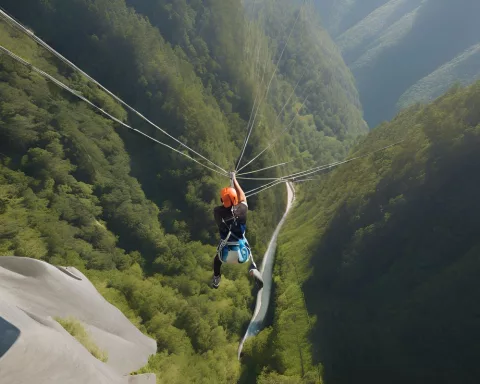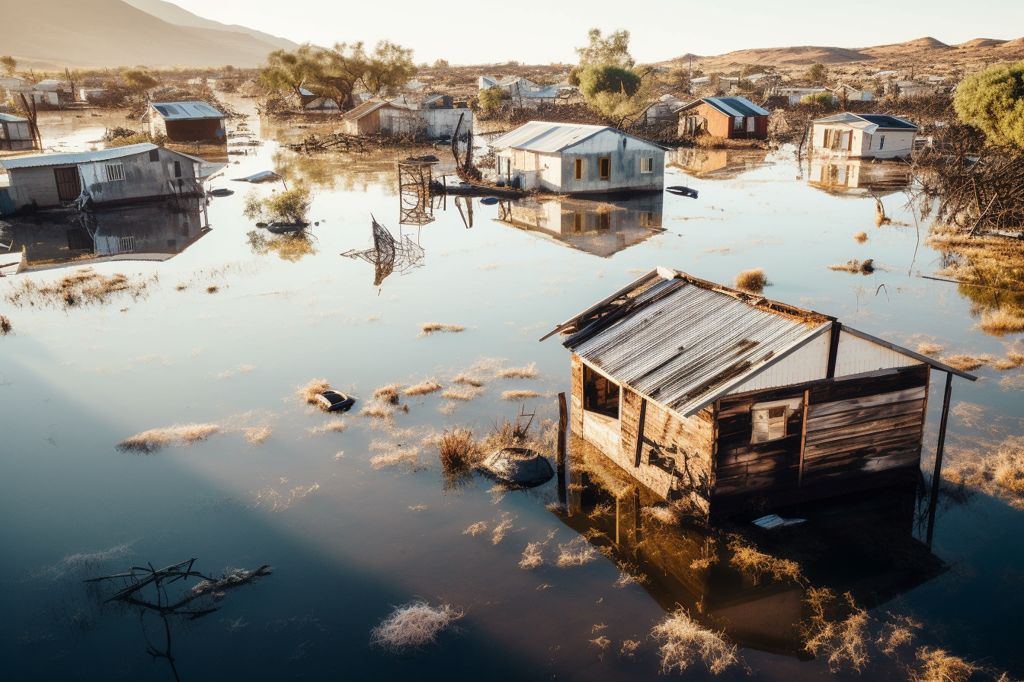The National Department of Water and Sanitation (DWS) is closely monitoring the water situation in the Western Cape following heavy rainfall, which has boosted dam levels in the province. The Western Cape Water Supply System (WCWSS), which consists of the six largest dams in the area, has reached an impressive 90% capacity, the highest level since June 2014. The Theewaterskloof dam, for example, currently has a water level of 96%, a significant increase from last year’s 76.67%.
Dam Levels Continue to Increase
Aside from the Theewaterskloof dam, the Olifants/Doorn River Catchment’s water level on the West Coast has also increased by over 40% compared to the previous week. Furthermore, 17 dams, including Karee, Misverstand, Ceres, and Brandvlei, have experienced an increase of more than 5%, with no recorded decrease in dam levels this week.
Flooding Causes Damage to Communities
Unfortunately, the heavy rainfall has caused damage to several communities, particularly those in informal settlements. Ntombizanele Bila-Mupariwa, DWS Western Cape Provincial Head, reported the loss of two lives due to flooding, while localized flooding occurred near the Clanwilliam Dam wall construction site. However, no immediate reports of infrastructure damage, such as gauging stations and dams, were recorded. The Clanwilliam Dam Construction Site Office remains undamaged, but the foreman’s office and eight containers were washed away due to unexpected high flows. Consequently, the dam apron surface work will be delayed until the dam stops spilling, while other critical path activities such as quarry development and embankment work will proceed.
Water Supplies Remain Uninterrupted
Despite the damage and loss of life caused by the heavy rainfall, water supplies have not been disrupted yet. The DWS is auditing their infrastructure to detect any damages, and they will release a comprehensive report through various platforms. Bila-Mupariwa emphasized the importance of using water prudently, as the majority of rainfall occurs during winter months, which is stored and used throughout the hot and dry summer in Western Cape.
Additional Heavy Rainfall Expected
The South Africa Weather Services has issued a warning for additional heavy rainfall this week, and residents are advised to be prepared and take necessary precautions. For more information, contact Wisane Mavasa, Spokesperson for the Department of Water and Sanitation, at 060 561 8935.












